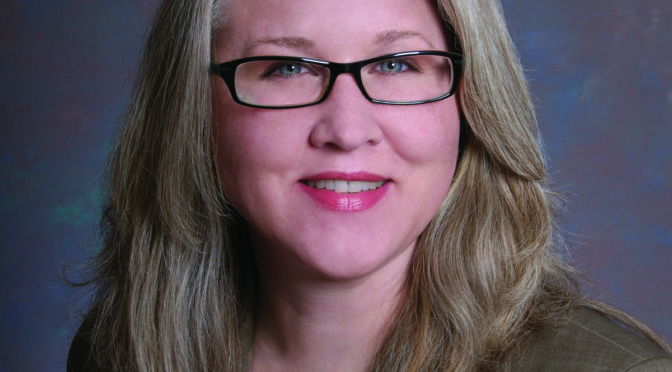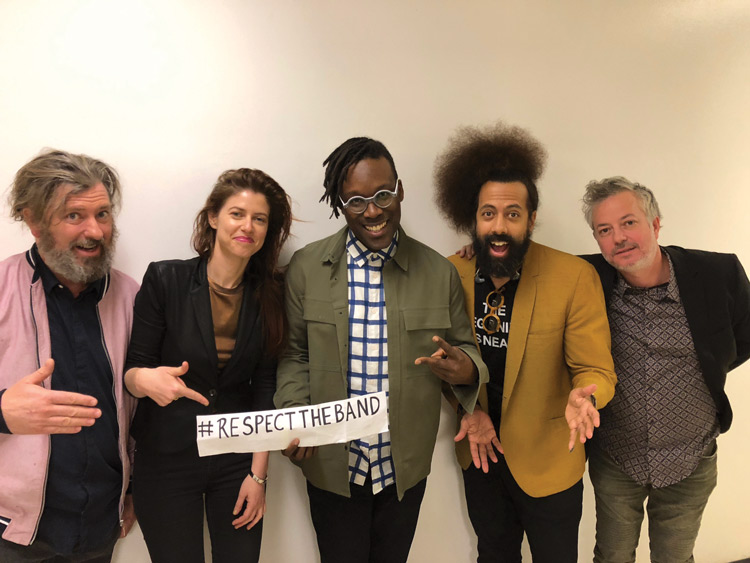 by Tina Morrison, AFM International Executive Board Member and
by Tina Morrison, AFM International Executive Board Member and
Vice President of Local 105 (Spokane, WA)
“This will be our reply to violence: to make music more intensely, more beautifully, more devotedly than ever before.”
—Leonard Bernstein’s response to the assassination of John F. Kennedy
We’re in a pivotal time in the history of the United States. We can agree to disagree on many things, but as musicians, we have to acknowledge the great wealth that immigrants brought to our country. The music we make and listen to every day carries the voices of many cultures intertwined to create beauty in the moment. The idea of closing our borders and shutting out the artists of our future is simply not acceptable to me. Families being separated has undertones of ideas and behavior that cannot be allowed. We have to maintain a legal, ethical program allowing for immigration. Compassion should have a place in such decisions.











